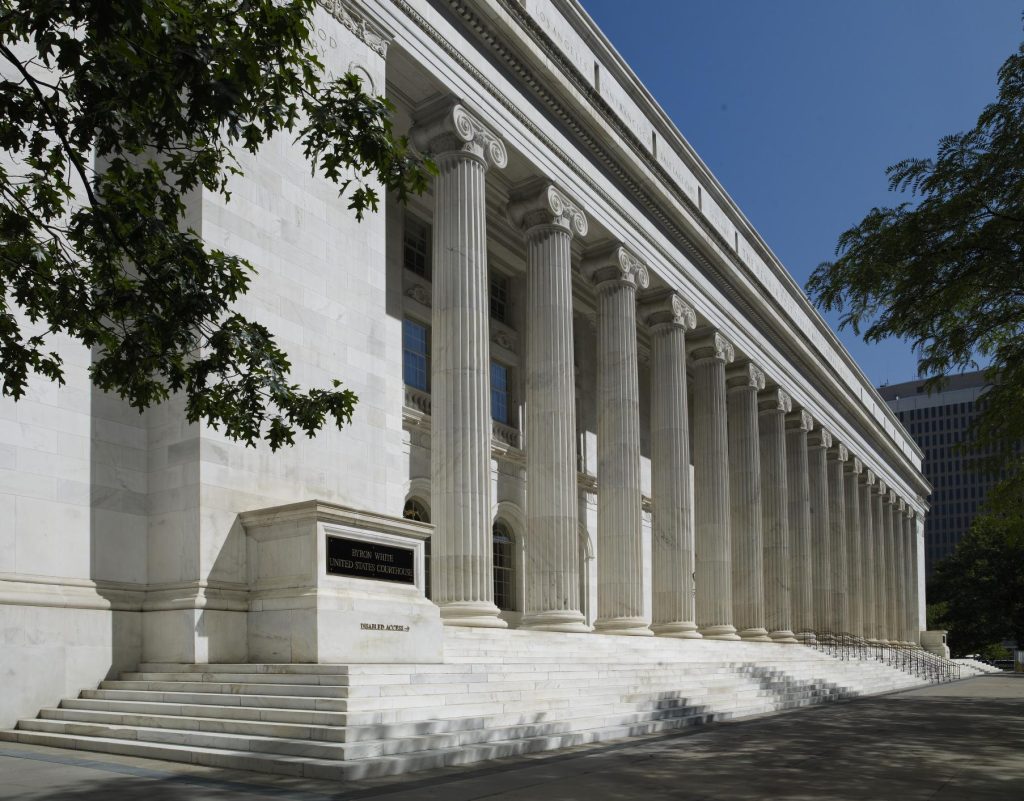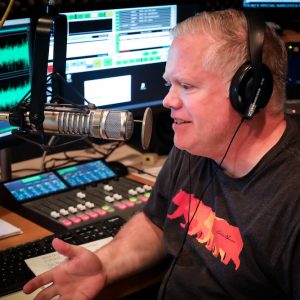After a Wyoming gun rights group was fined $500 for not disclosing the names of their donors behind a 2020 radio ad, the advocacy group sued claiming the laws of disclosure were too vague.
After winning a narrow injunction against the election disclosure law, Wyoming Gun Owners got confirmation and attorney’s fees from the 10th Circuit Court of Appeals in Denver earlier this week.
During the 2020 election, WyGO paid a little over $1000 to run radio ads to ask voters to cast their ballot for a candidate running for state Senate. The ad stated that the candidate’s opponent was “a country-club moderate” who would “stab us in the back the first chance they get.” Refusing to disclose the people who gave them the funds to place the radio ad, WyGO said they didn’t need to officially file who donated money because the ad wasn’t any different from the advocacy they conducted during a non-election cycle. Also, because their budget fluctuated under $100,000, the group didn’t earmark donations for specific projects. That meant they couldn’t comply with state law.
WGO paid the 500 buck fine and then turned around and sued the state for what they say was a vague law that restricted free speech. A federal judge ruled against the vagueness argument in 2021. But the court did say that Wyoming’s law wasn’t written narrowly enough to pass strict scrutiny. The court enjoined the state from forcing the Wyoming Gun Owners to disclose its donors.
The legal fight then escalated. The state appealed. The gun owners group filed a cross-appeal. The showdown was held in downtown Denver in January.
In the end, the 10th Circuit wrote that they agreed with the district court on all but two decisions and also gave the group permission to pursue attorneys’ fees against the state.
U.S. Circuit Judge Timothy Tymkovich, wrote in his 47-page opinion, that “The regime’s requirement that expenditures for speech ‘related to’ candidate campaigns must be disclosed is void for vagueness — again, as applied to WyGO.”
The judge said Wyoming Gun Owners had followed the law, in the sense that state law allows organizations to use their own bookkeeping system, but still ended up in violation when it was unable to track exactly what funds and which donors contributed to the radio ad.
Because of the way the law was written, it would be almost impossible to comply with the government’s suggestion to simply disclose all donations from a given election cycle. That language wasn’t built into the law and was likely to lead to oversharing.
“Wyoming owes its citizens precision,” Tymkovich wrote. Citing caselaw from the 1963 case NAACP v. Button, he wrote, “Precision of regulation must be the touchstone in an area so closely touching our most precious freedoms.”
Del Kolde, the attorney for WyGO, and who works at the Institute for Free Speech in Washington, D.C., said of the win, “This is an important decision that implements the Supreme Court’s course correction on the meaning of ‘exacting scrutiny’ from Americans for Prosperity Foundation v. Bonta,” Kolde said via email to Courthouse News Service, referring to the 2021 Supreme Court decision. “Campaign-finance disclosure regimes must be narrowly tailored or they risk being struck down.”
Aaron Dorr, president of Wyoming Gun Owners said to Courthouse News, that former Wyoming Secretary of State Ed Buchanan used the law to unfairly prosecute his organization for its advocacy during the 2020 election.










